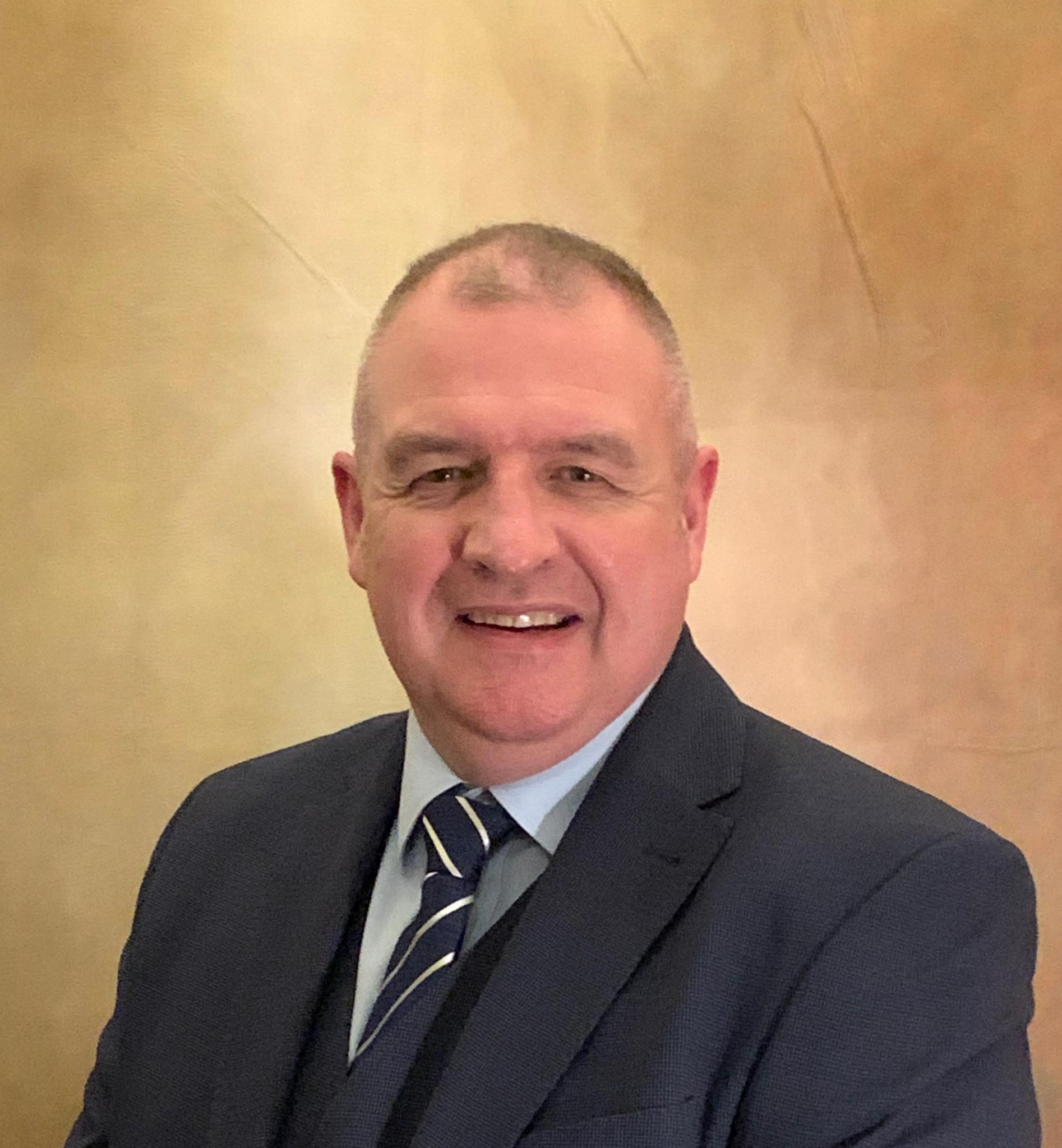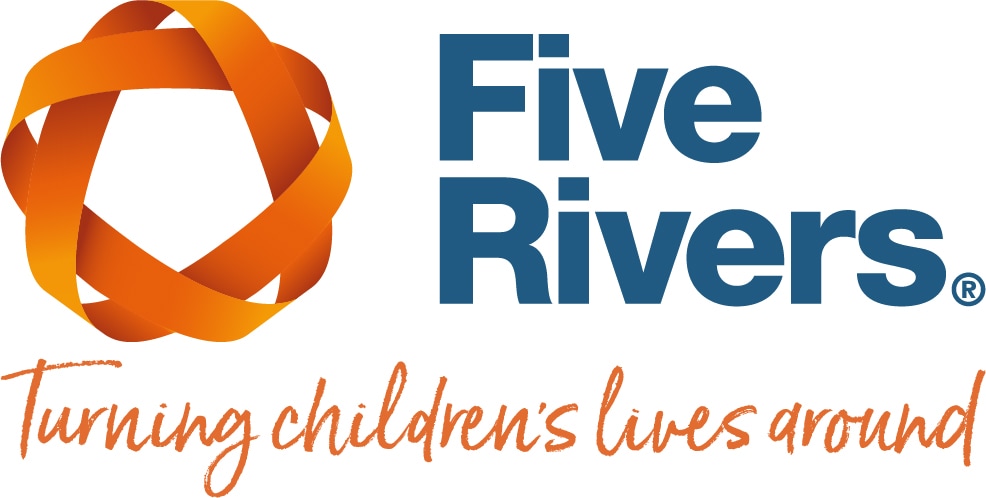It’s time like these: healing the unseen wounds of adverse childhood experiences
It’s times like these is a new blog series I have been asked to contribute to. As I thought about what to write, I focussed on my strong belief that every child has the right to access services that will enable them to recover from the impacts of adversity.
It’s 07:30 on a Tuesday morning in June and I am sitting on the train from Waterloo to Salisbury. I have just left Andover and I am looking out of the window as the multi-coloured fields pass. The morning mist looks like cobwebs sticking around the trees with the sun shining.
I wonder what to write about in this, my first blog post. I start to think about whether if we all did one thing differently, could we be the difference that makes children’s lives as good as they deserve to be? Perhaps, when we all come together and find a solution for a child that works or participate in their recovery, I find my ‘It’s Times Like These’ moments.
My first thought is about the ‘systems’ offering support for children to recover from the impacts of adversity. Are they investing enough in supporting ‘long-term’ attainments or are they stuck on short-term solutions? After all, the decisions we make today about children’s lives will have lasting impact that goes well beyond any local authority budget cycle or government’s political tenure.
I think everyone would be, rightly, disgusted to hear about a child who turned up at a hospital with a broken arm but couldn’t access treatment. Shouldn’t this be the same for the injuries we can’t see? Shouldn’t we be alarmed to hear children may not get what they need to resolve issues related to significant trauma and adversity?
These adverse early experiences create changes in children’s minds and trigger biochemical and hormonal changes. I do not see these responses as ‘pathological’ or wrong, and I hope that all systems seek to understand these responses to enable children access to the right supports to address the altered states in their minds and bodies.
If this happens, we can give trauma-sensitive interventions which address the physiological and biological reactions that create emotion, thinking, and behaviour changes. To begin to understand Trauma, we must view what is labelled as negative emotion, thinking and behaviour as normal bodily responses to stress.
Many looked after children have been left in ‘incubators’ of chronic, toxic stress and this can have lasting effects on physical and mental health throughout their lifetime. Also, the continual release of hormones and biological changes increase the risk of a whole range of other negative health outcomes.
These responses and effects can be passed on to future generations (epigenetics: how your behaviours and environment can cause changes that affect the way your genes work), which can cause intergenerational harm and transmission.
So, I wonder why there isn’t always an equal response to the children who have complex, early traumatic experiences to those who have a physical injury? Isn’t this something we should change?
Another critical area is time. When the opportunity to deliver appropriate supports arise, it’s often thought that trauma and pain will heal within a matter of weeks, or months. This simply isn’t the case.
I often present challenging statistics to demonstrate the scale of the problem for those children impacted by adversity. Approximately 69% of Looked After Children have experienced neglect, 48% will have experienced physical abuse, 37% emotional abuse and 23% sexual abuse (Chambers et al., 2010). Other studies have highlighted trauma and adversity as concern:
- Children in foster care were found to be twice as likely to suffer from Post Traumatic Stress Disorder (PTSD) than veterans (Harvard medical school, 2015)
- A recent study illustrated that 75% of looked after children assessed suffered from PTSD symptoms (Morris, 2015)
- The Adverse Childhood Experiences research is illustrating the correlated negative long term health impacts depending on the number of adverse experiences and not having access to those supports which mitigate.
Five Rivers has a commitment to viewing physical and emotional health equally and promises appropriate access to the right supports, at the right time for its children.
Elsewhere the ’emotional’ can ‘trump’ the physical, in that the physical often heals and then what is left behind is painful learning encoded in the child’s nervous system. This is ‘out of sight’ yet continually influencing how the child feels and is carried on, in their nervous systems, throughout their lives.
I am just taking a pause, as the train heads through a tunnel close to Salisbury. It is dark, but I can see the light at the end of the tunnel. This reminds me that helping children to know that things can be different (positive expectancy) is so powerful and necessary. Children need to know what the journey to wellbeing and recovery is like, but so do the statutory systems which are created to support and help children and young people who enter care.
At times like these…. as we emerge from COVID, we need to ensure we build systems and responses that understand what recovery from adversity looks like. We need to provide the opportunity to children and young people to access the right supports.
Read more posts from the series below:
About Richard
Richard is Head of Assessment & Therapy at Five Rivers Child Care. He is a UKCP registered psychotherapist and child psychotherapist who has worked with children and young people since 1991. He is a faculty member of the Arizona Trauma Institute, International Society for the Study of Trauma and Dissociation (ISSTD). He also dedicates his spare time as a trustee to the Bowlby Centre, London and the Institute of Recovery from Childhood Trauma (IRCT).
